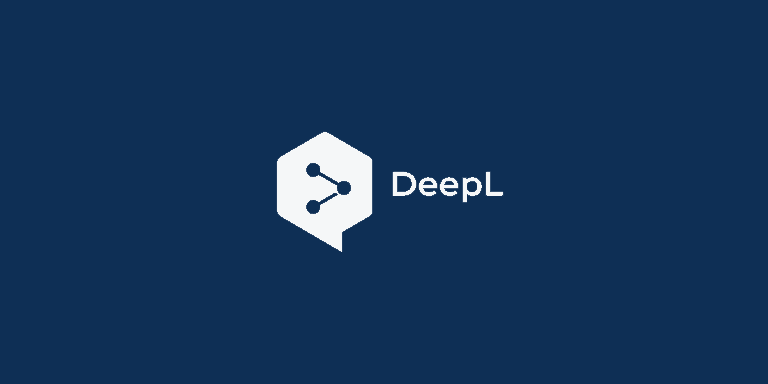DeepL calls its brand new Agent an AI-driven colleague. This assistant automates repetitive tasks, while the Customization Hub introduced today facilitates translation processes. In addition, DeepL has expanded its support with 70 new languages.
DeepL Agent is available after extensive beta testing with more than 1,000 users. The tool performed 20,000 tasks during the test phase. The system automates tasks such as CRM management, customer service, and marketing activities, going far beyond the translation tasks you might associate with DeepL. So if there is such a thing as an “AI colleague,” it has a fairly broad range of tasks.
CEO Jarek Kutylowski explains that customers often face the same challenge: “repetitive, disjointed tasks that reduce productivity.” DeepL Agent tackles this by automating these routine processes. In doing so, DeepL is following the general trend of using AI to save time, but with a broad interpretation of what you can do with DeepL. The Agent works with existing systems such as CRM, email, and project management tools. According to DeepL, it understands a company’s unique data and workflows. Human oversight remains available to ensure precision and control.
Customization hub bundles translation requirements
The Customization Hub brings glossaries, style rules, and translation memories together in one system. The platform automatically implements language requirements during the translation process. This minimizes errors and reduces the need for post-editing. Companies can thus maintain consistency in their brand voice and terminology. “By providing DeepL with the context of a language expert, companies can count on accurate translations, faster revisions, and fewer errors,” according to the company.
DeepL also tackles persistent problems within organizations with its Customization hub. Localization, for example, is often slow and error-prone. Language requirements are spread across different tools, making effective use difficult. Teams waste time solving problems after translation, says DeepL. The new hub aims to centralize this and minimize those problems.
Expansion to 100 languages
DeepL has also added approximately 70 new languages. More than 100 languages are now available, 70 of which are in beta for business customers. Nearly all of the world’s 20 most spoken languages are available on the platform, including every official EU language. Languages such as Bosnian, Serbian, Swahili, and Afrikaans have also been added. In the Asia-Pacific region, Hindi, Malay, Tagalog, and Bengali have been added, among others.
DeepL previously introduced DeepL Voice for Zoom Meetings and DeepL Marketplace. The main product that users will think of, the translation API, has also been significantly improved this year. Thanks to generative AI, translations are not only strictly correct, they sound more ‘native’ than ever. Of course, manual work is sometimes necessary to add the nuance that a digital tool may lack.
